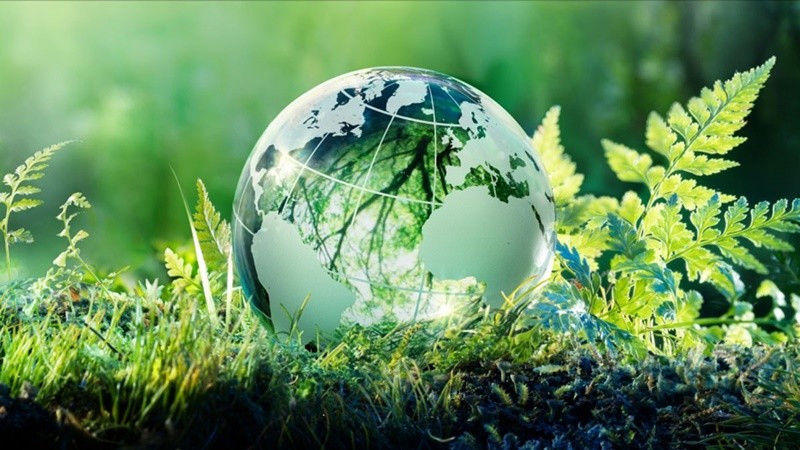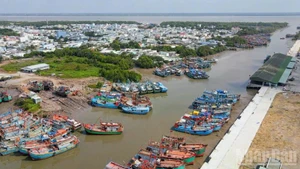Vietnam is determined to pursue the goal of fast and sustainable economic growth combined with environmental protection. The country is committed to reducing net emissions to zero by 2050 and unanimously supports major declarations and initiatives on forest protection and transition to renewable energy.
Vietnam considers the building of a green economic structure with three pillars: agriculture, industry, and services adaptable to climate change. However, during the process of developing a green economy, many problems have arisen while several policies and regulations have not been completed and only mentioned the approach towards green growth.
Another obstacle is that the production, consumption and living habits of the majority of businesses and people remain wasteful, with a lack of awareness of protecting natural resources and the environment. In addition, there is limited funding and resources for building a green economy, while almost all production technology of enterprises is outdated and energy-consuming.
Most businesses have little awareness of the green economy or do not have human resources who are knowledgeable about environmental laws. Meanwhile, environmental regulations are complicated and not easily accessible and environmental compliance costs remain high.
According to a survey by the Vietnam Confederation of Trade and Industry (VCCI), only 31.8% of domestic private enterprises clearly understand environmental regulations and 68% of businesses are negatively affected by climate change. Meanwhile, 44% of domestic enterprises and 38% of FDI enterprises admit that they have not fully complied with environmental regulations. Notably, up to 91% of businesses believe that environmental protection is the responsibility of local authorities and the percentage of businesses that think they need to be responsible for the environment is much lower.
Facing the trend of green economic development in the world, many domestic enterprises have pioneered model innovation associated with sustainable and environmentally friendly development.
Enterprises in industrial parks and export processing zones have focused on two main goals, limiting emissions of CO2 and toxic chemicals into the environment and developing new energy sources and new environmentally friendly technologies.
In agriculture, the trend of producing and exporting organic agricultural products has also begun to rise, meeting the world’s consumption demand, thanks to the positive effects that organic products bring to human health, the environment and the ecosystem.
It is necessary to ensure the participation of businesses in the development and enforcement of environmental laws so that Vietnam can fulfil its commitment to reducing net emissions to zero by 2050. It is also advisable to facilitate enterprises to get access to policies and laws on environment and sustainable development.
The State should soon perfect policies and laws on green growth and invest more resources in the development and application of high technology and green energy, especially in production and export, to meet the requirements of the international market.
At the same time, there needs mechanisms and policies to mobilise appropriate financial resources for green economic development, which are considered an important foundation for promoting green economic development of Vietnam in the future.
















